Past, Present, Future
The last few weeks I have been deep into footprints in general and the water footprint in particular. It feels like I have to climb out of the rabbit hole. But not until I shared the Water Scarcity Atlas with you.
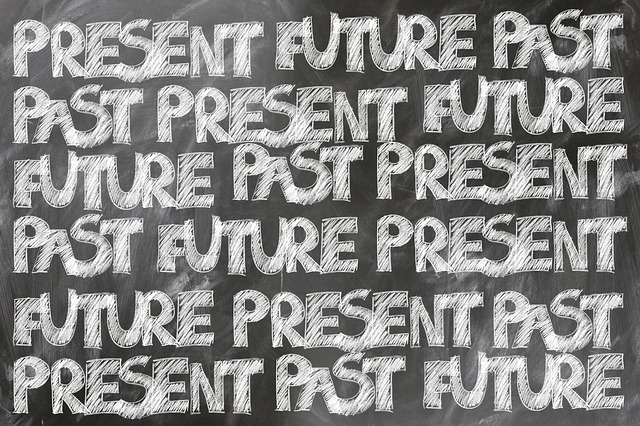
The last few weeks I have been deep into footprints in general and the water footprint in particular. It feels like I have to climb out of the rabbit hole. But not until I shared the Water Scarcity Atlas with you.

As you may have understood from my previous posts, I am in the process of describing an industry from the perspective of the doughnut framework. This is part three.
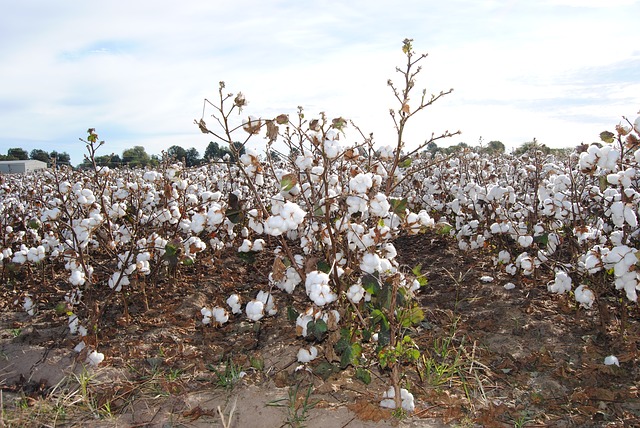
About two weeks ago I made a start with describing an industry from a doughnut perspective. In this post I focus on the waterfootprint of cotton.
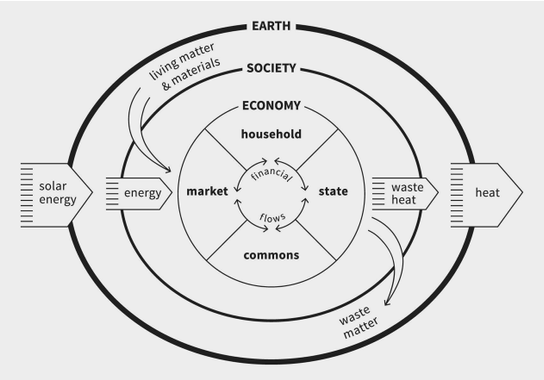
Two weeks ago I was fortunate to participate in the first game design session of a game based on Doughnut Economics, that has the working title Seeds. The design of the game is now in full swing. Last week I told you I wanted to share a few things about the project, and I shared some Monopoly alternatives with you. Today, I want to go deeper into the question that underlies Seeds.

Last week I was fortunate to participate in the first game design session of a game based on Doughnut Economics, that has the working title Seeds. There are a few things I want to share with you about this project. Today I want to share some board game ideas I picked up in the meeting.

Recently I caught myself describing an industry in the old fashioned way. I focussed on the number of people employed in the industry, its contribution to GDP, and, in order to typify the market structure, I tried to find the most up to date information on market shares and company size.
But then it hit me: I was doing what I have always done, whereas we now need a different perspective on industries: a doughnut perspective.

One of the things we have discussed over the last few months is the concept of value. The question ‘what is value’ is such a philosophical question. It is often assumed that economists believe price to be equal to value, but if that was so, why would we have the concept of willingness to pay?
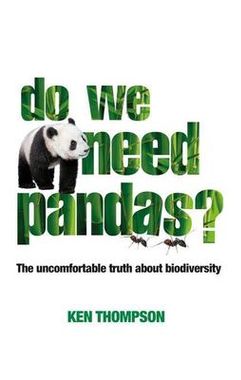
Today a shorter post than I normally write. This is due to my work on a series of posts on a specific industry, which I want to kick off with a post on how to describe an industry. I am not satisfied with the result yet, so you have to wait a little longer for that post. There has been a book I wanted to write about for quite some time now, so I use this opportunity to do just that.

Alternative allocation has always been a fascinating concept to me. The insight that resources can be allocated in different ways is central to the fundamental theme of economics: choice. I used to think that economic choice was equivalent to the concept of economic scarcity. However, discussing allocation systems made me realise that this may not be that obvious.
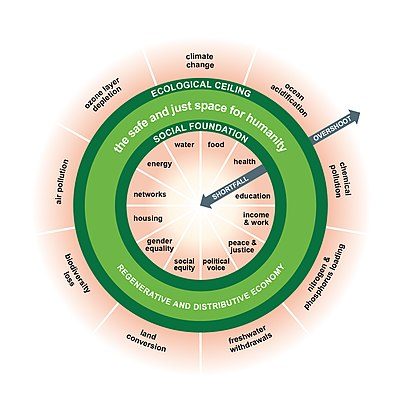
A few days ago it was pointed out to us that the doughnut was not a model but a normative framework. Since we believe it is extremely important to teach young people the difference between normative and positive statements, this is an important insight. Therefore, it will not surprise you that we are very much aware of this. This is actually the reason why we prefer to say a 21st century economics education should be based on the doughnut framework.